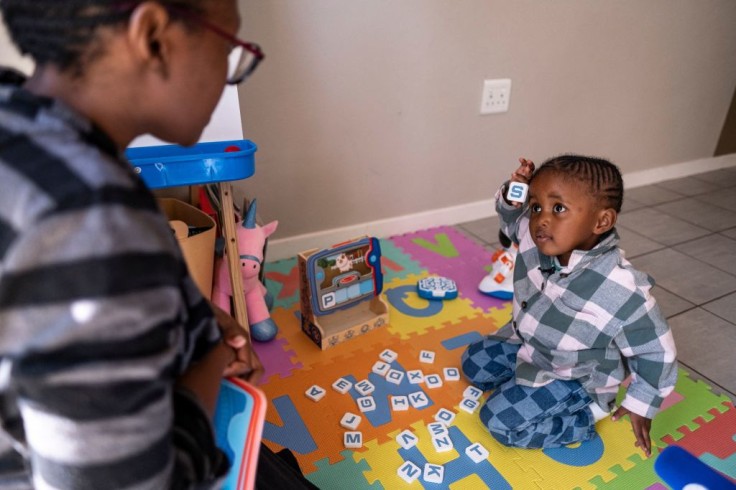
Separation and divorce can be two of the most challenging events in any family's life. The entire household undergoes a dramatic shift, and it's only natural for emotions to run high.
As parents, our main concern often turns to our children and how they're coping. It is vital to understand the importance of guiding your child's emotions during these trying times.
By actively parenting during separation, you can ensure your child navigates these waters with resilience and understanding. With that, we delve into the intricacies of divorce and helping children through it, offering insights and actionable strategies for parents.
Why Emotions Run High During Divorce
First, it's essential to understand why emotions, especially in children, tend to intensify during separation or divorce. Children thrive on routine, familiarity, and a sense of security.
The breakup of a family unit disrupts this foundation, leading to feelings of uncertainty, sadness, anger, or even guilt. It's not uncommon for children to mistakenly believe they played a role in the parents' decision to part ways.
Role of Parents in Guiding Emotions
Your role as a parent becomes even more critical during these times. Here's how you can play an active part in guiding your child's emotions:
- Open Communication: Maintain an open line of dialogue with your child. Encourage them to express their feelings, ensuring they know it's okay to be sad, angry, or confused.
- Reassurance: Repeatedly reassure your child that the separation or divorce isn't their fault. Children often internalize blame, and it's essential to alleviate these misplaced feelings of guilt.
- Consistency: While many things are changing, try to keep as much of their routine consistent. This includes school, extracurricular activities, and even simple daily routines.
- Unified Parenting: Despite the differences you might have with your spouse, it's essential to present a unified parenting front. This reduces confusion and provides a stable environment for your child.
Practical Tips for Parenting During Separation
Being proactive and taking a few practical steps can go a long way in parenting during separation:
- Create a Parenting Plan: This plan should detail daily routines, visitation schedules, holiday arrangements, and any other pertinent details. While it's for the parents, involving your child in some decisions can make them feel included and valued.
- Seek Counseling: Professional counseling or therapy can be invaluable, not only for the child but for the entire family. A counselor can provide coping strategies and be a neutral party for your child to express feelings.
- Educate Yourself: Understand the typical reactions children have during divorce. This way, you can anticipate potential issues and be prepared to address them.
- Stay Positive: While it's okay to feel hurt or angry, avoid badmouthing your ex-partner in front of the child. This puts them in an uncomfortable position and can foster negative feelings.
- Engage in Activities: Spend quality time with your child. Activities, whether they're hobbies, games, or outings, can serve as a welcome distraction and strengthen your bond.
- Prioritize their Emotions: Always remember that while you're coping with a divorce as an adult, children have a different perspective and experience. Prioritize their feelings, providing the support and love they need.
Finally, it's essential to understand that while the journey through divorce and helping children adapt might be challenging, it's entirely possible to come out stronger on the other side.
By maintaining a loving, open, and supportive environment, children can adapt and even thrive.
Navigating the emotional labyrinth of separation and divorce is never easy, especially when children are involved. But by understanding the importance of guiding your child's emotions and proactively parenting during separation, you can lay a foundation of understanding, support, and love.
Remember, while the family structure might change, the bond and love you share with your child remain unbreakable. With patience and understanding, you can help your child navigate these changes, ensuring their emotional well-being and fostering resilience.
Related Article: Active Kids, Happy Lives: Study Shows Exercise Boosts Mood Long-term